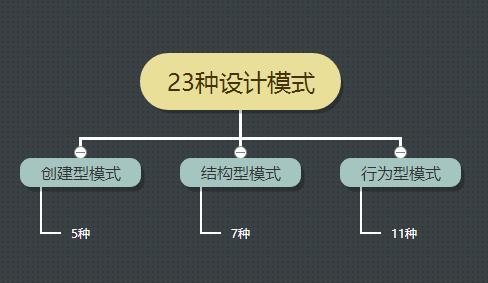Targeted advertising can harm vulnerable groups when it targets individuals' personal and psychological vulnerabilities. We focus on how targeted weight-loss advertisements harm people with histories of disordered eating. We identify three features of targeted advertising that cause harm: the persistence of personal data that can expose vulnerabilities, over-simplifying algorithmic relevancy models, and design patterns encouraging engagement that can facilitate unhealthy behavior. Through a series of semi-structured interviews with individuals with histories of unhealthy body stigma, dieting, and disordered eating, we found that targeted weight-loss ads reinforced low self-esteem and deepened pre-existing anxieties around food and exercise. At the same time, we observed that targeted individuals demonstrated agency and resistance against distressing ads. Drawing on scholarship in postcolonial environmental studies, we use the concept of slow violence to articulate how online targeted advertising inflicts harms that may not be immediately identifiable. CAUTION: This paper includes media that could be triggering, particularly to people with an eating disorder. Please use caution when reading, printing, or disseminating this paper.
翻译:有针对性的广告在针对个人的个人和心理脆弱性时,会伤害弱势群体。我们侧重于有针对性的减重广告如何伤害有饮食障碍史的人。我们确定了有针对性广告造成伤害的三个特征:个人数据持续暴露脆弱性,过于简化的算法相关性模型,以及设计鼓励参与的模式,从而便利不健康的行为。通过一系列半结构性访谈,与有不健康身体污名、饮食和饮食混乱史的个人进行接触,我们发现,有针对性的减重广告强化了低自尊,加深了食物和运动方面先前存在的焦虑。与此同时,我们发现,针对目标的个人展示了对痛苦广告的代理力和抵抗力。在殖民时代后的环境研究中,我们利用缓慢的暴力概念来说明网上有针对性的广告如何造成可能无法立即识别的伤害。CAUTION:本文包括了可能触发伤害的媒体,特别是有饮食紊乱症的人。请在阅读、印刷或传播本文时小心。




